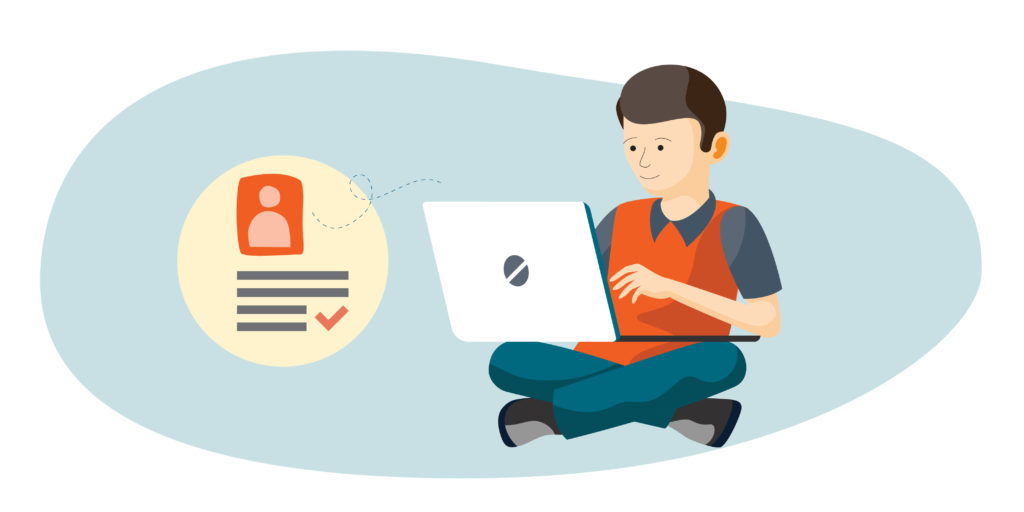
Everyone is cruising the Internet. Whether performing a search on the latest Hollywood gossip, shopping or using social media, we are all surfing. Whether using a mobile device or PC, there are some things you should be aware of in order to have a safe and secure experience.
Connecting to Wi-Fi
Don’t make it easy for hackers to prey upon you. Following these important guidelines when using a wi-fi connection will help to keep you safe.
- Best practices include using a VPN. This will ensure that your communication is private and encrypted.
- Remove any network connections that you have previously connected to, and make sure to disable the auto-connect option for joining networks.
- Avoid using public Wi-Fi when conducting personal, financial or confidential transactions.
Mobile Device Security
Internet-on-the-go is a popular choice for most users. It’s convenient to use your smart phone or tablet to get information quickly. Your mobile device likely has some information that cyber miscreants would love to get their hands on. Your contacts, photos, locations, payment information and more. These devices need extra-special care and attention.
- Keep your apps up to date.
- Disable or delete any apps not used.
- Do not allow apps permissions to other information on the device if it is not necessary for the app to function.
- As always, use strong passwords or phrases.
- If possible, don’t store personal information on the device.
General Safeguards
- Share with care. Don’t give up too much personal information about yourself when on the Internet. Cyber crooks use all the bits and pieces you share and hook them all together to create a profile of you they can use to steal your identity or for other nefarious purposes.
- Turn off webcams, bluetooth and Wi-Fi settings when not in use.
- Be vigilant when buying or selling on the Internet. Use secure sites, don’t embed your credit card information or login into the site, use popular and vetted websites.
- Avoid typing in private information on public or shared computers.
- Do not select features on browsers or websites to “store my password” or any personal information.
Today’s reality includes a plethora of cyber criminals. They want your information. The connectivity we are experiencing has given us access to a global world of information and resources. We can embrace this world, but we have to approach it in a smart and defensive manner.
